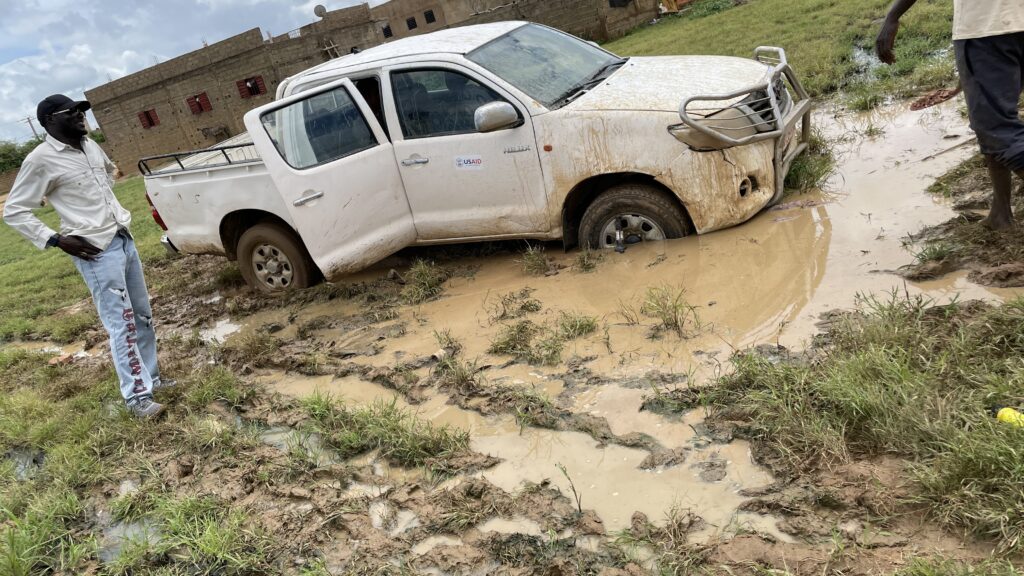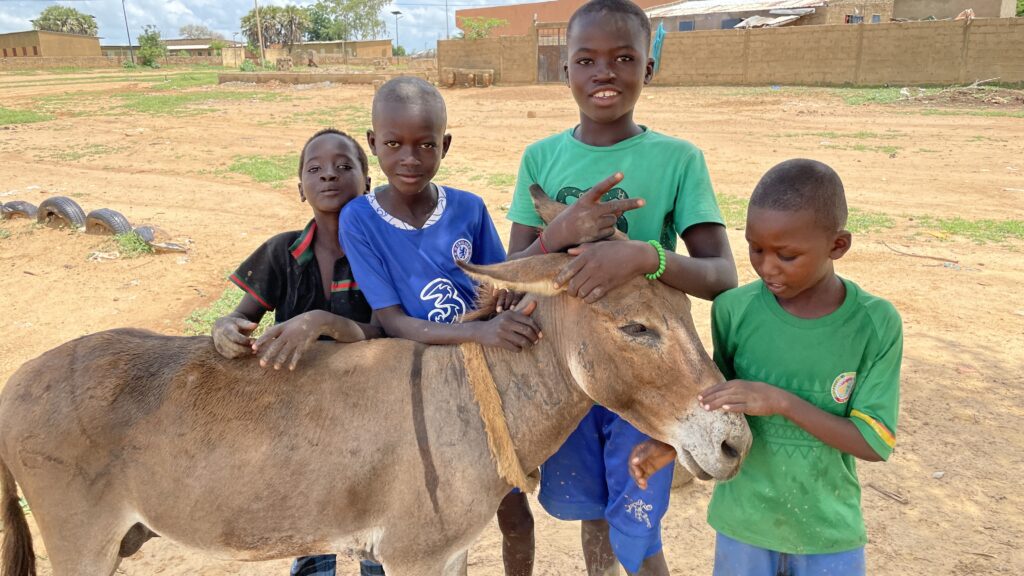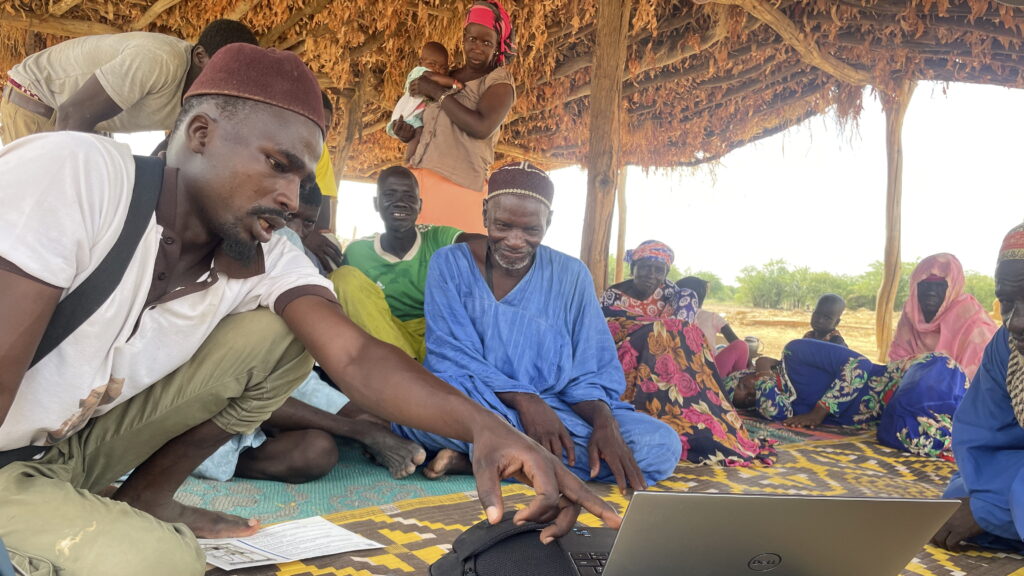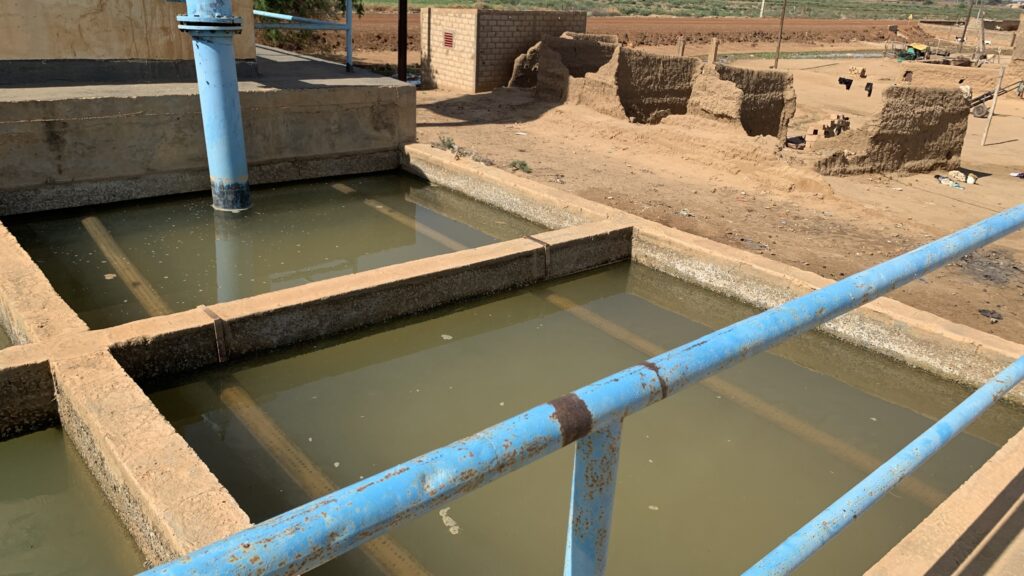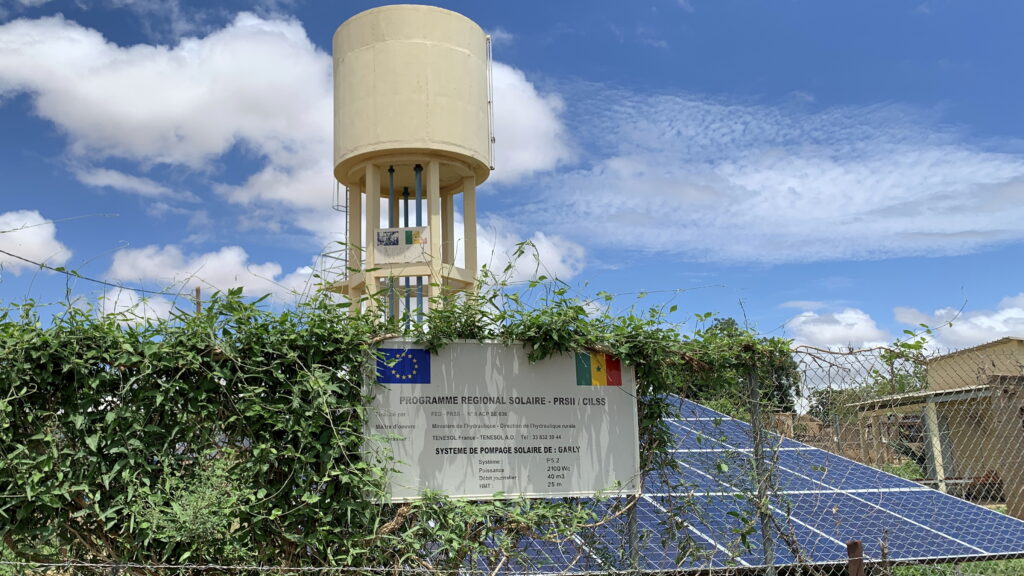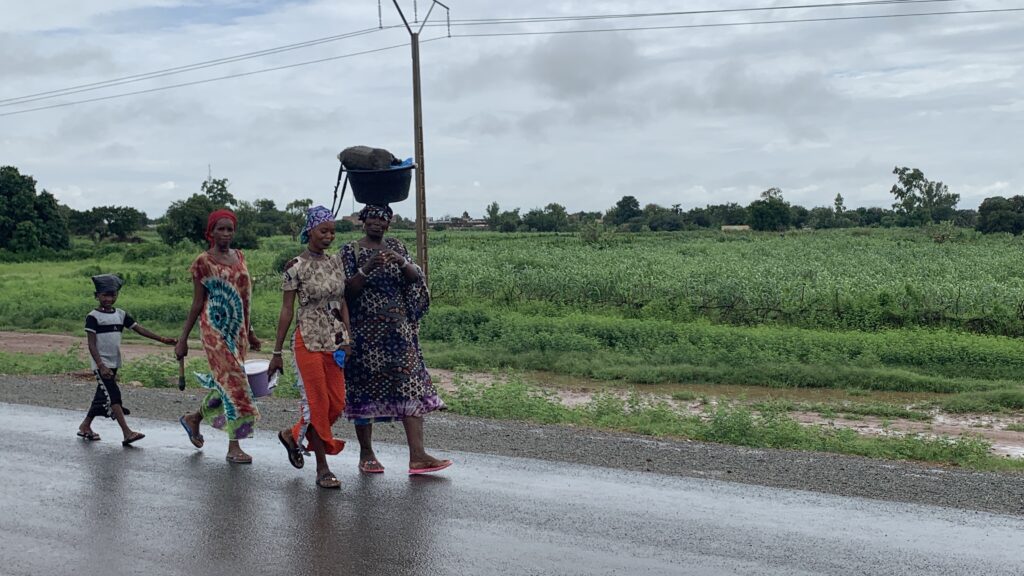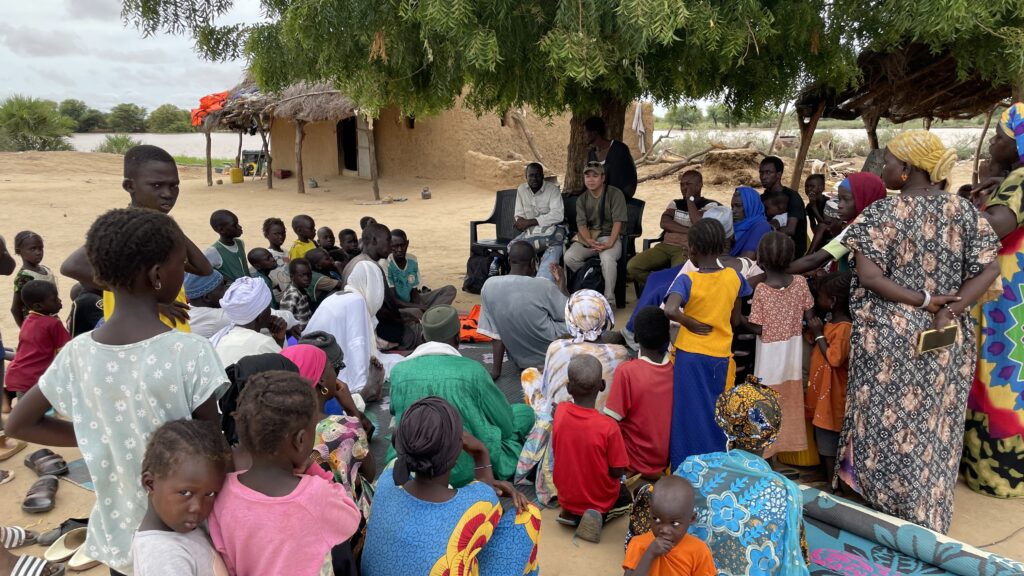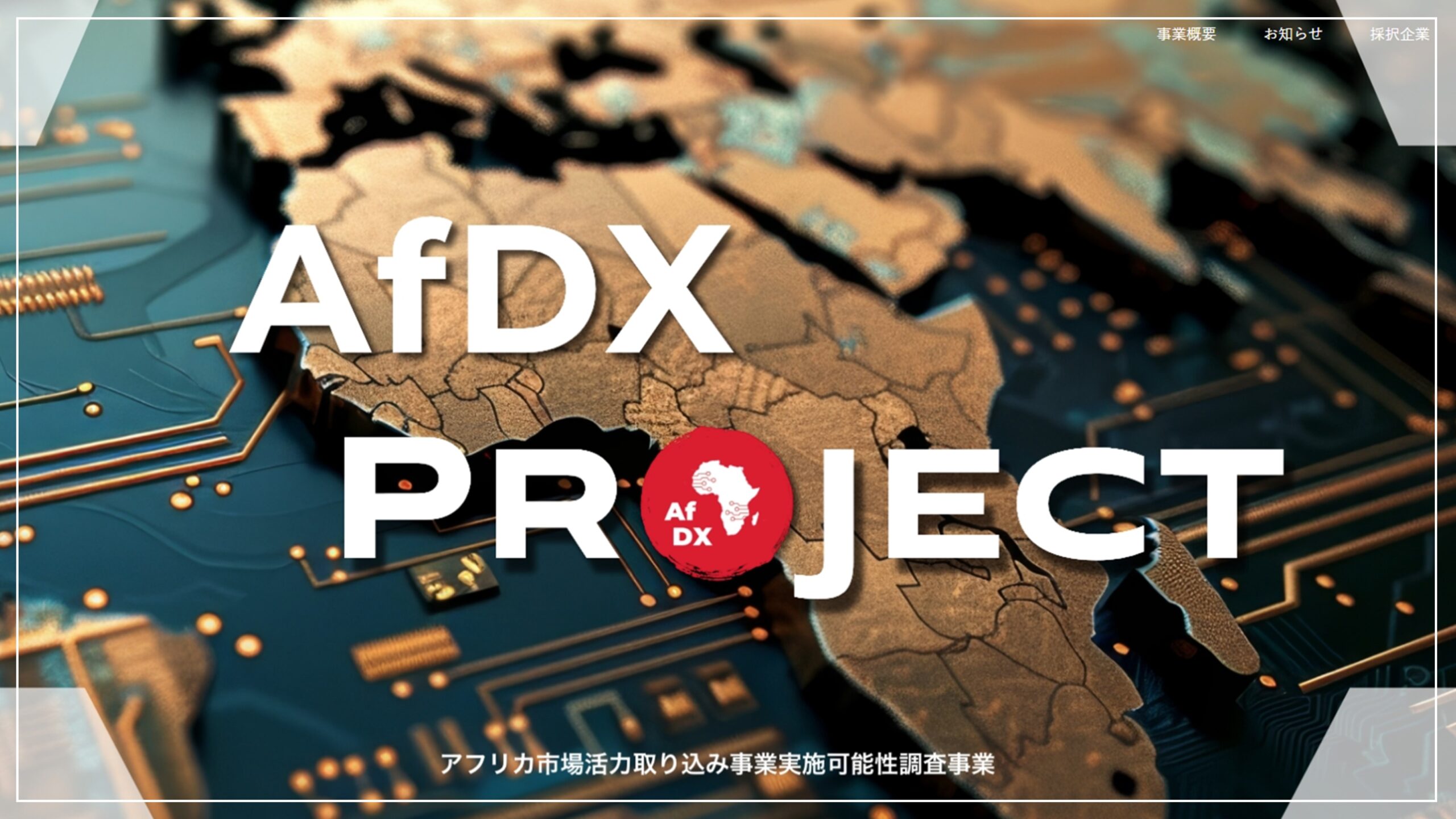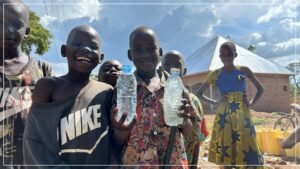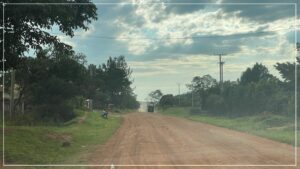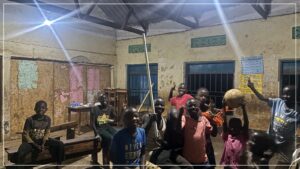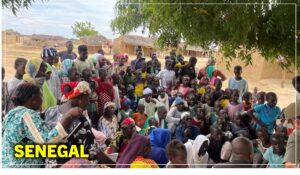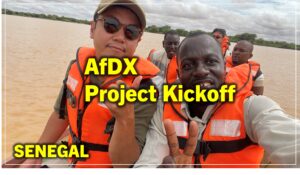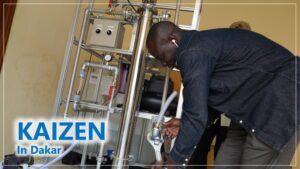Hello everyone! Today, we’d like to share our latest research project in Senegal. Far from Japan, in West Africa, Tsuji Plastic has been working on the ground—and we’re excited to tell you all about our efforts.
Overview of the AfDX Project and Feasibility Study
About the AfDX Project
This project aims to support Japanese companies in expanding into African markets and fostering new business opportunities. With significant untapped potential in Africa, we are leveraging Japanese technology and know-how, collaborating with local partners, and incorporating innovative digital solutions to address social challenges. Through this effort, we contribute to sustainable growth in both Japan and Africa and strengthen inter-company cooperation.
Our Feasibility (FS) Study
Under this initiative, we carried out a research study aimed at securing access to safe drinking water in the Senegal River Basin. The Senegalese government is pursuing the UN SDG goal of “ensuring access to safe water and sanitation for all.” Yet, many rural villages still suffer from severe water issues—salinization of groundwater, limited water sources, and difficulty obtaining safe drinking water.
Our study evaluated how our water purification system could address these challenges and assessed its feasibility in the field. By understanding local needs and the adaptability of our technology, we aim to establish a sustainable water supply model.
Why a Plastic Molding Company?
You might ask, “Why is a plastic company tackling water issues?” Actually, our Solar Power Division has developed in‑house solar power technology. We realized this could power a water purification system even in regions without electricity. By integrating Japan’s hollow fiber membrane technology, we developed a solar-driven drinking water purification system—simple to maintain and with high filtration capability—ideal for areas lacking power infrastructure.
Key Features of the System:
- Works without any electrical grid
- Easy maintenance
- High-level filtration for safe drinking water
In the Senegal River Basin, villagers not only lack clean water but also spend hours fetching it, often affecting education and livelihoods. We believe our system can ease this burden and create opportunities.
Water Challenges in the Senegal River Basin
Field investigations revealed alarming realities:
Groundwater salinization forces people to drink murky river water
Many wells turned out brackish rather than fresh. People resort to river water, which is contaminated and linked to disease.
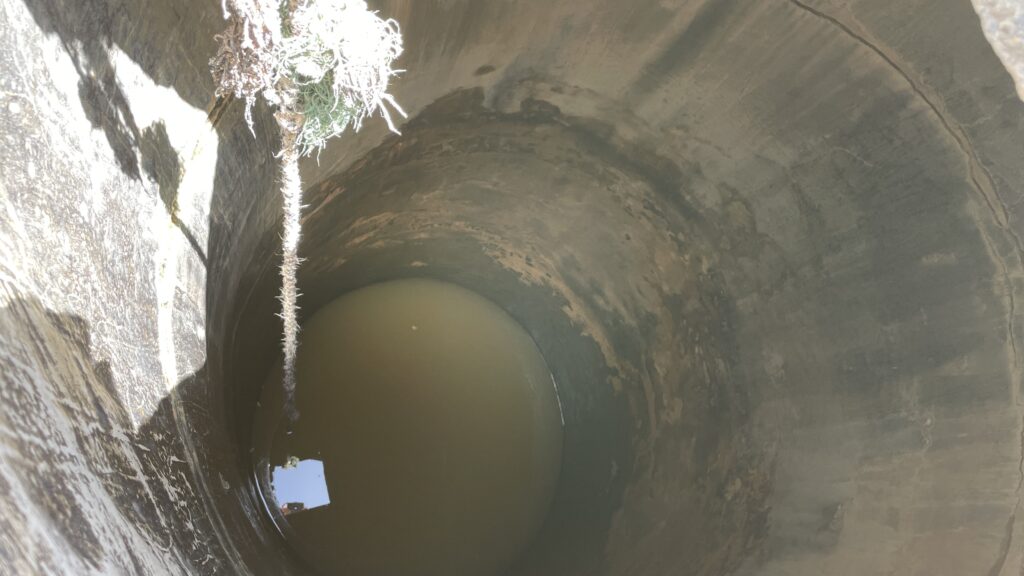
Rainy season worsens turbidity
The four‑month rainy season turns river water a muddy brown—and even well water becomes cloudy. Despite the risks, villagers have no choice but to drink this water.
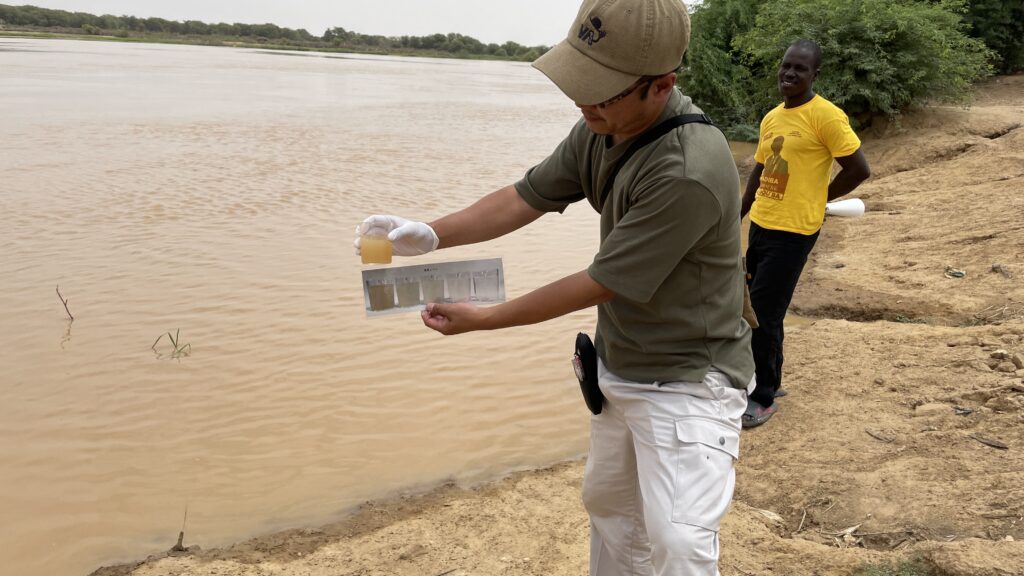
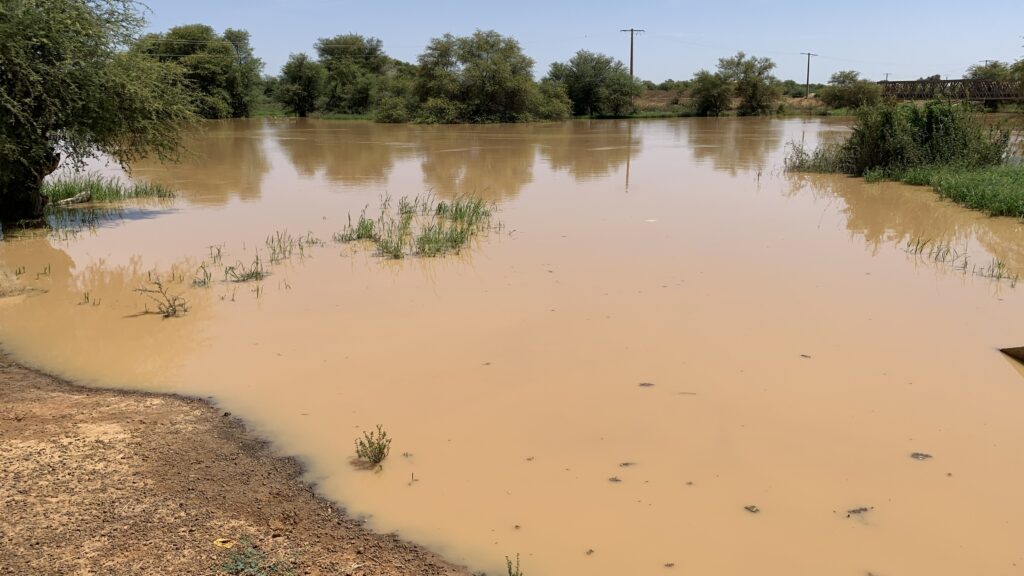
Heavy burden on women and children
Women and children spend hours each day collecting water, limiting their ability to attend school or work. They often treat river water using coagulants—another time-consuming, laborious task.
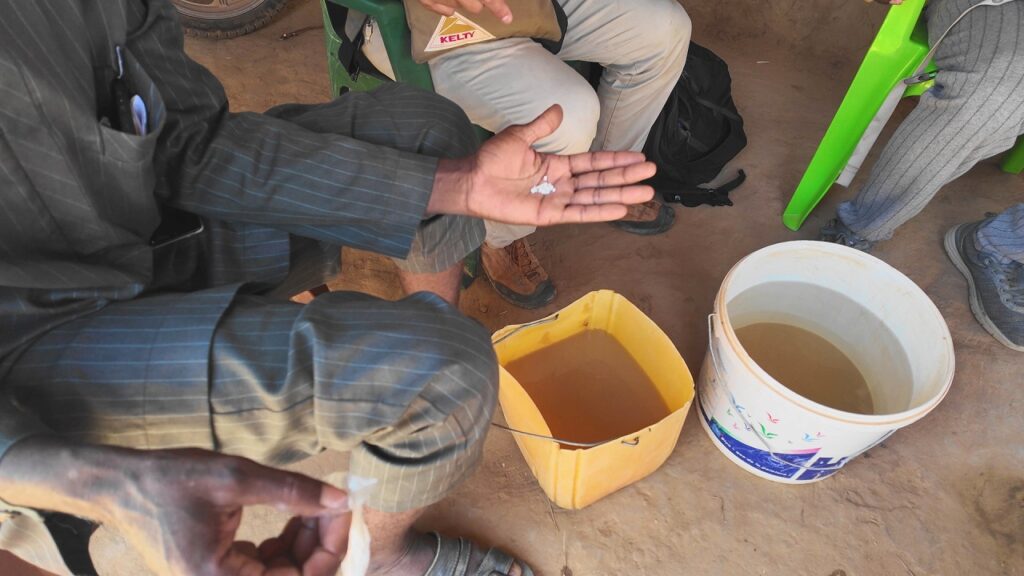
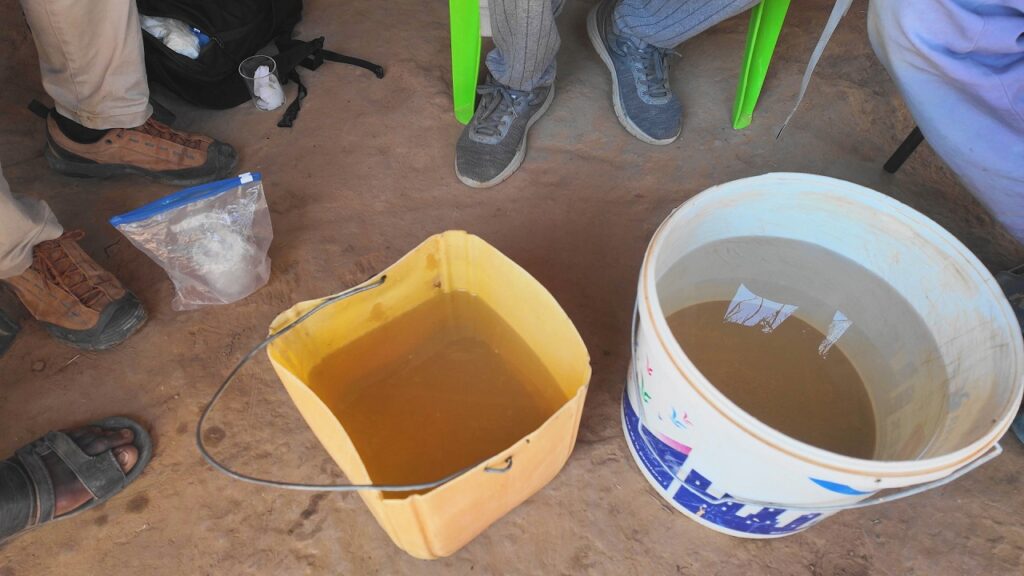
To introduce our system, we prepared a promotional video. After viewing it, villagers were keen to see the demonstration again and again. When they watched it successfully purify water, their eyes lit up with excitement.
“Disease will decrease!”
“Water-fetching time will be shorter!”
“Children can go to school!”
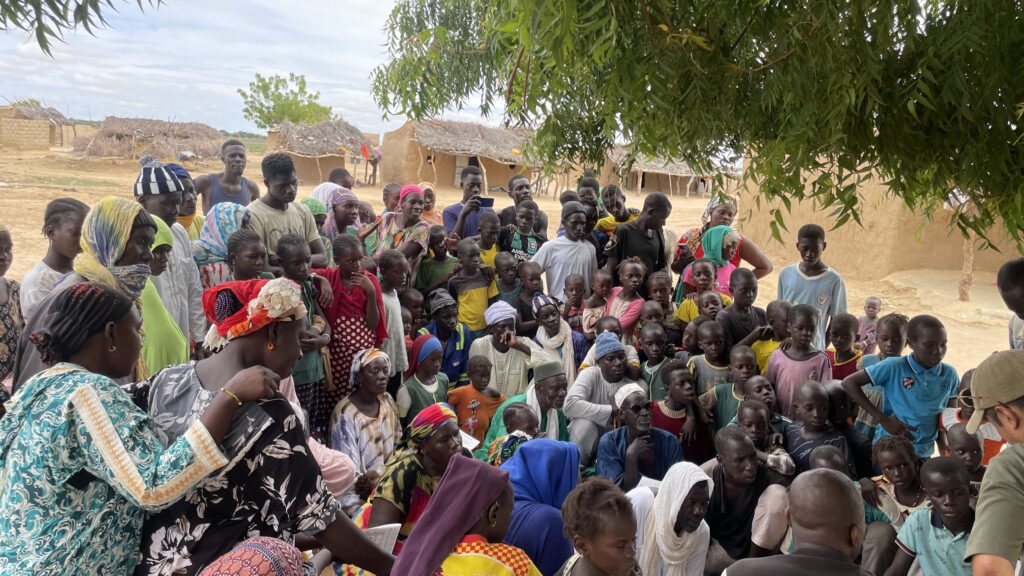
The palpable relief and hope in their voices inspired us deeply.
Focus on Podor Department
Local authorities highlighted Podor as a critical area. While villages in Matam and Tambacounda faced similar challenges, they received more international support. In contrast, Podor remained underserved.
Challenges in Podor:
- Poor access (many river tributaries complicate transport)
- Scattered villages make centralized systems inefficient
- Limited economic resources make system maintenance difficult
These factors underscore the necessity for sustainable, affordable solutions like ours.
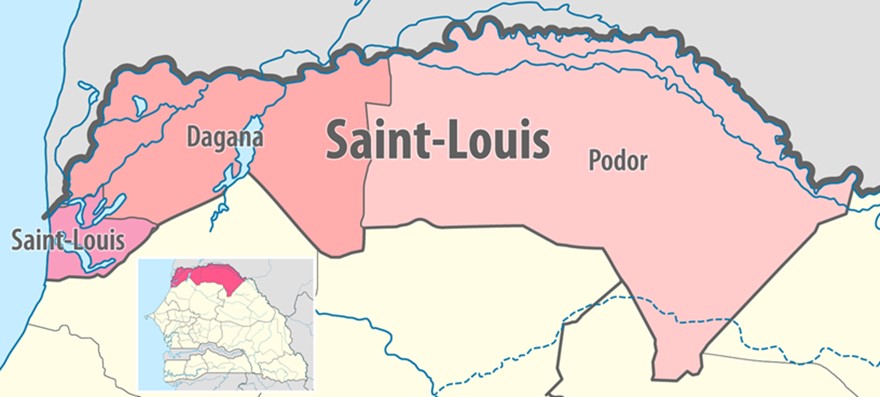
Fieldwork Challenges
The fieldwork was tougher than expected. During the rainy season, most roads were unpaved—if they could even be called roads! Vehicles frequently got stuck in the mud. We breathed sighs of “Not again…” and often relied on villagers to help push the vehicles out.
Sometimes, a villager would say “This path is easier,” but it would only be deeper mud—ha! Despite the hardship, experiencing local realities firsthand was invaluable.
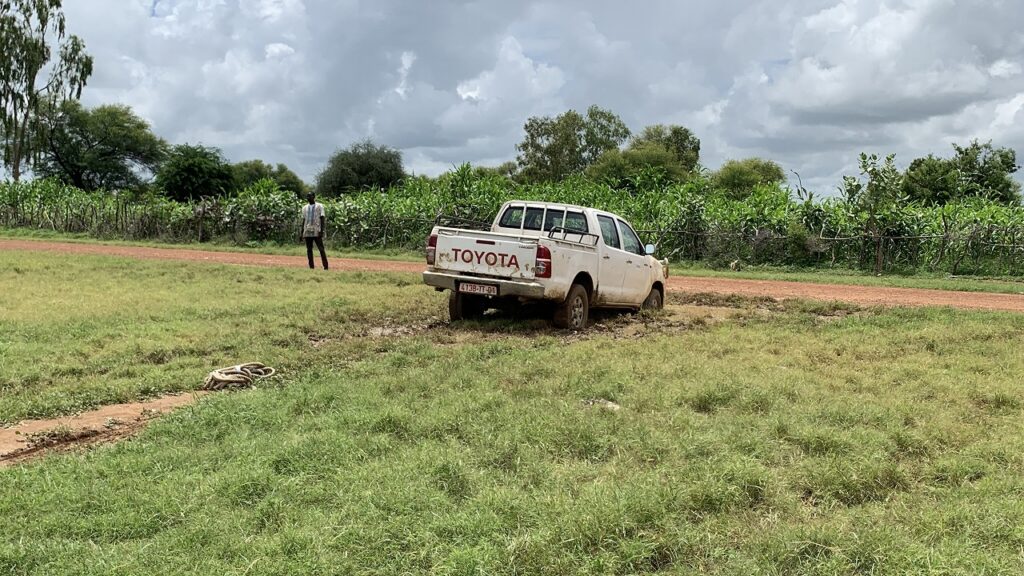
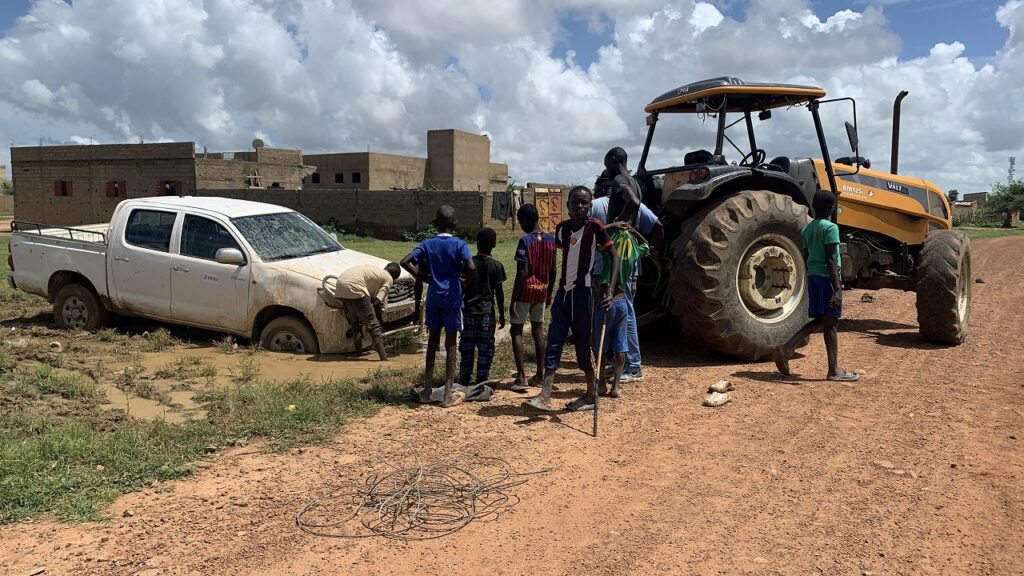
Looking Ahead
Villagers have long awaited a reliable water supply. But with limited income, they struggle to afford our system or its maintenance. Our feasibility study confirmed it works—but funding remains a hurdle.
Fortunately, we’ve received support from several NGOs who share our vision. Together, we plan to introduce the system to underserved communities.
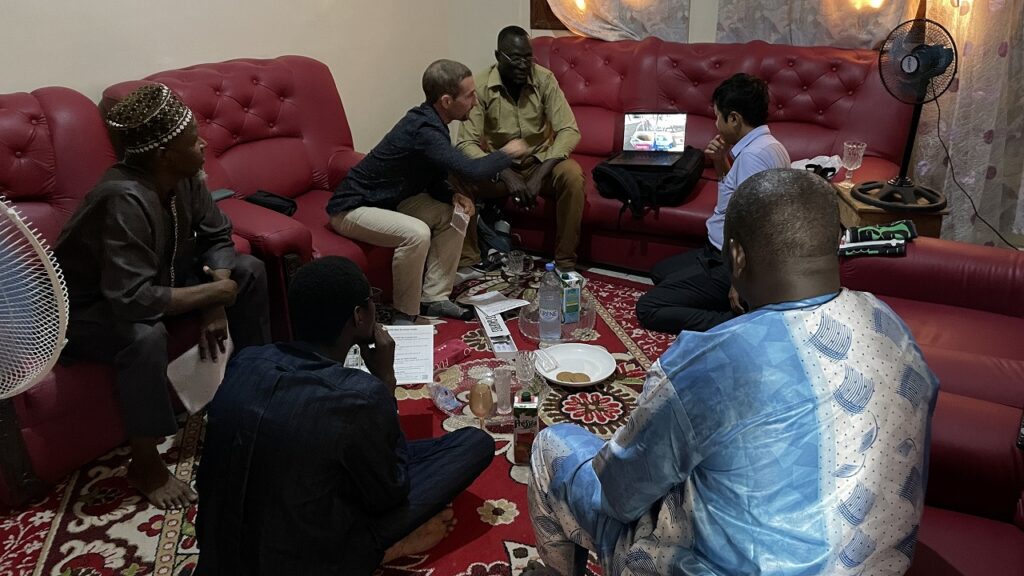
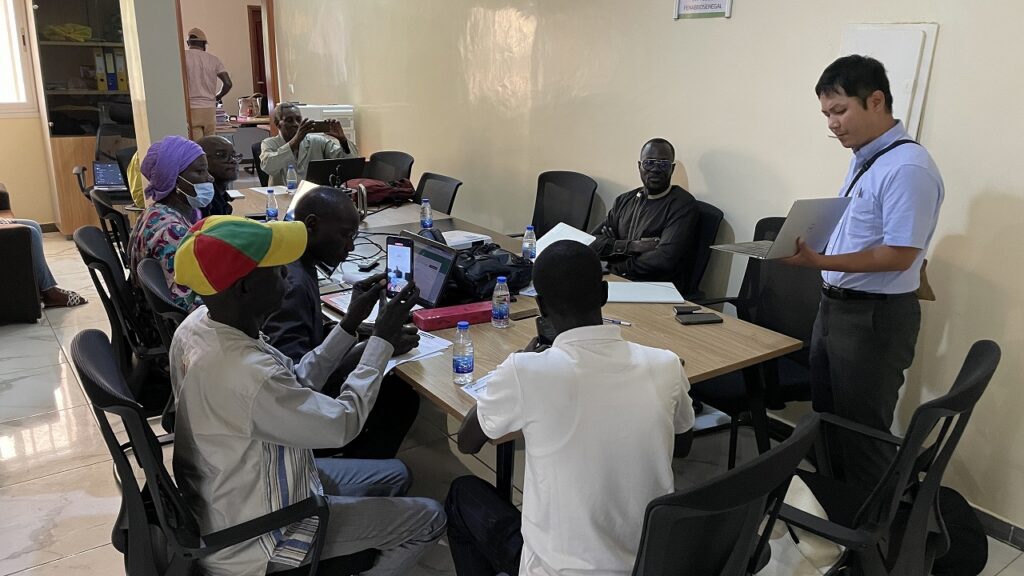
“Bringing water to villages that are otherwise overlooked!”
With local partners, we’re committed to establishing a sustainable water supply solution.
Acknowledgment to METI and Project Secretariat
Thanks to the support of Japan’s Ministry of Economy, Trade and Industry and the AfDX secretariat, we were able to conduct on-site research in Senegal and gain invaluable experience. In addition to field support, we received practical advice from experts who have succeeded in Africa—helpful insights that went beyond basic research and helped shape our strategy for future business development. We are truly grateful.
We will use this opportunity to build a sustainable business model and contribute to solving local challenges. As always, we appreciate your continued guidance and support.
Gallery
